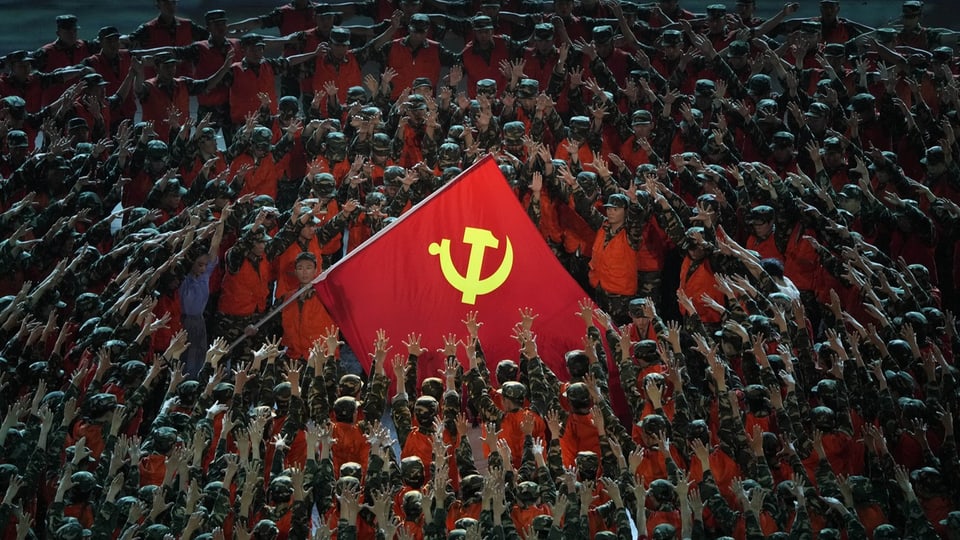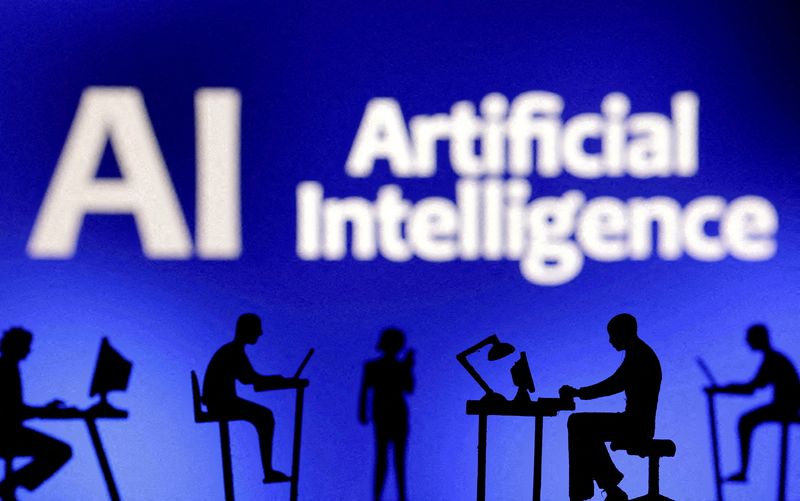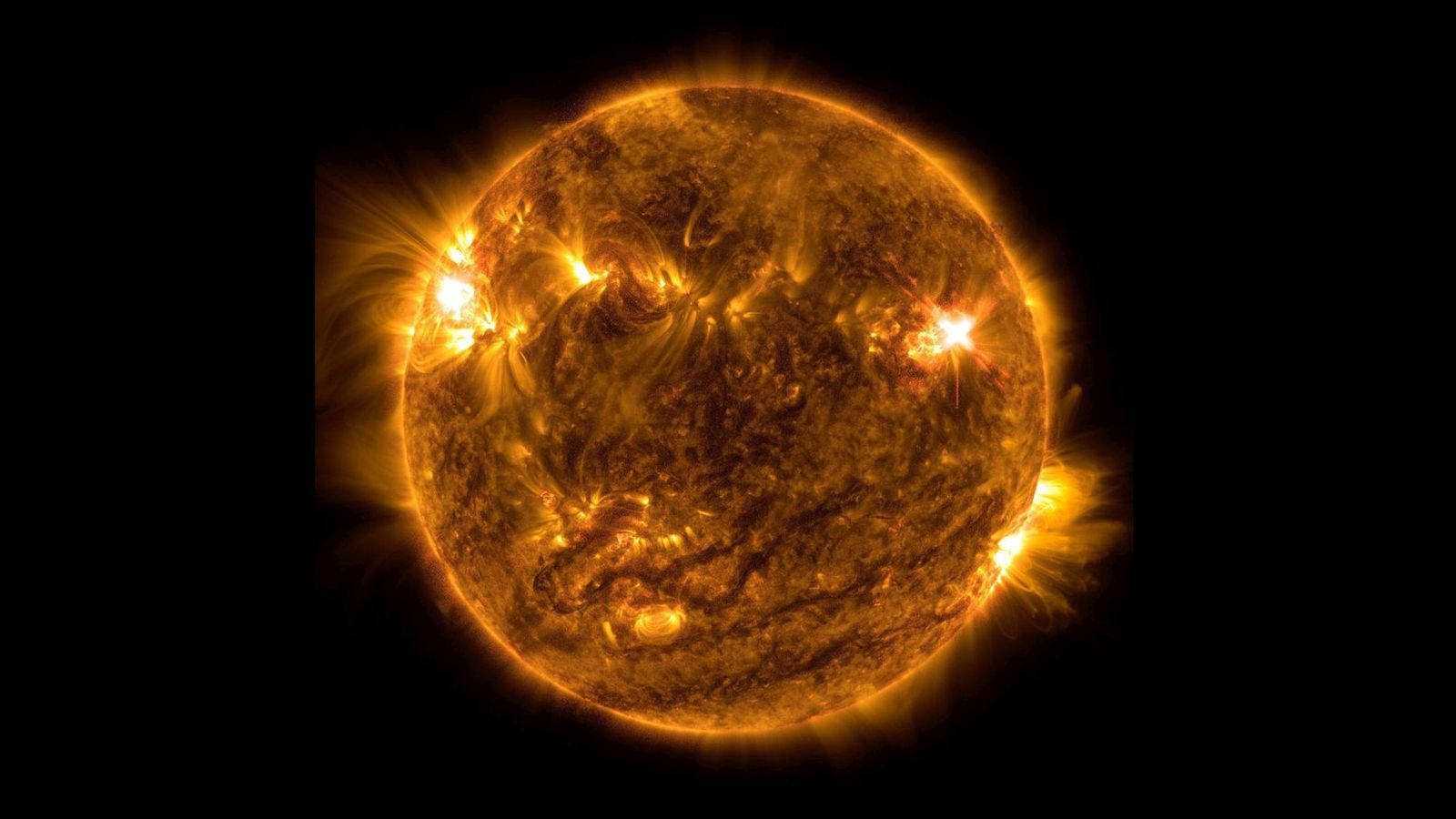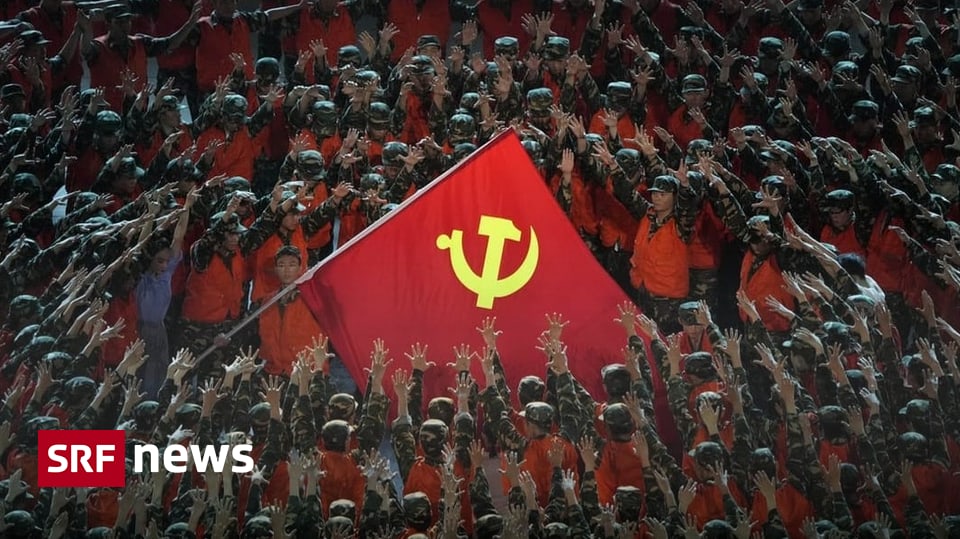The government serves the Communist Party, says the newly amended law. Concentration of power with consequences.
It is the center of the Chinese power apparatus: Xi Jinping. Chairman of the Central Military Commission, General Secretary of the Communist Party, President of China. He is everything at the same time.
The Secretary-General before the President
However, most Chinese would never use the term “president” to refer to Xi. For them he is the Secretary General. Thinker and leader of the Communist Party.
In fact, not many in China know that Xi is also president of the People's Republic. Because the role of the party leader far exceeds that of the head of state. Under Xi, the balance of power between the party and the state has shifted in the party's favour.
More power to the party
This is now also stipulated in law. State institutions must follow the Communist Party. Dali Yang, a political science professor at the University of Chicago, says changing the law is the logical consequence of increased centralization.
legend:
A year ago, the National People's Congress in Beijing confirmed that Xi Jinping was not competing against him to run for a third term as president.
Getty Images/Kevin Fryer
Yang has written several books on China's political system. He notes how state institutions increasingly have to implement the wishes and demands of the Communist Party.
Bureaucracy versus party
This desire for power and influence comes from the fact that the party, local authorities and authorities do not always have the same interests: “Of course the civil service itself also has interests that it imposes and often at the expense of the leadership of the Communist Party.” “This is the main reason why Xi feels the need for greater central control,” says Yang.
The press and official communications are forced to say only positive things.
Yang notes the negative effects of this when it comes to solving problems in China. This is due to the increasing information and decisions that have been made regarding Beijing. The problem: “In China, unfortunately for Xi, there is a strong incentive for subordinates to give him embellished information.”

legend:
In China, all power is increasingly concentrated in the hands of the Communist Party. According to political scientist Dali Yang, this also creates problems in the vast empire.
Keystone/AP/NG Han Guan
This leads to delays and even serious errors when dealing with major challenges. The Chinese regime reacts to crises only slowly. The political scientist sees another reason for this in communication: “The press and official communications are forced to say only positive things.” This is counterproductive because the people living in this system are heavily influenced by this discourse that they create themselves.
Critical opinions are not welcome
Indeed, in recent months, experts and economists in China have come under pressure from the authorities. They should not speak negatively about the Chinese economy. Only good news and forecasts are welcome. Despite the ongoing real estate crisis, high youth unemployment rates and low consumer sentiment.
So, we will have to see whether Beijing's enhanced power position will continue to draw the right conclusions on economic problems.

“Typical entrepreneur. Lifelong beer expert. Hipster-friendly internet buff. Analyst. Social media enthusiast.”







More Stories
Funny animal pictures of cats, elephants, bears and otters
This is what it’s really like in tourist areas
Kennedy’s nephew and US presidential candidate: He had a worm in his brain